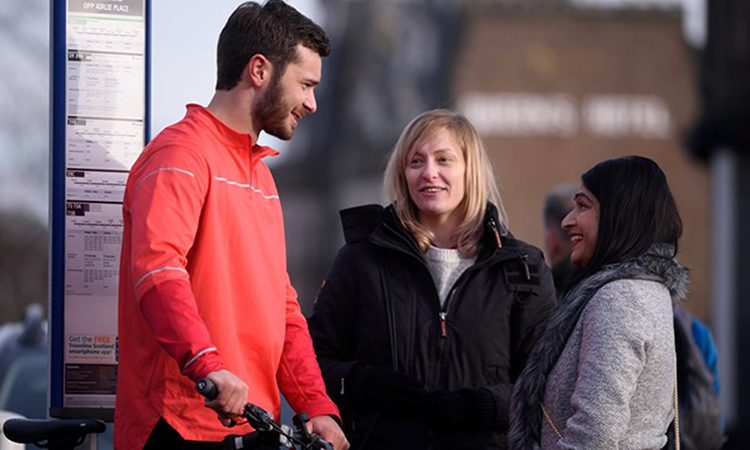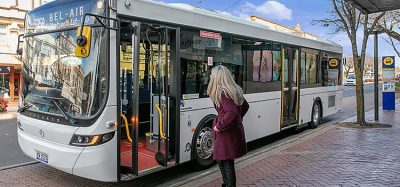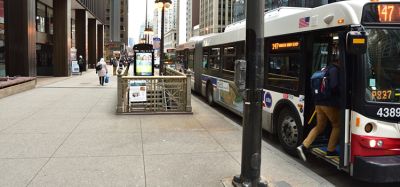New study warns of transport barriers impacting opportunities for young people
- Like
- Digg
- Del
- Tumblr
- VKontakte
- Buffer
- Love This
- Odnoklassniki
- Meneame
- Blogger
- Amazon
- Yahoo Mail
- Gmail
- AOL
- Newsvine
- HackerNews
- Evernote
- MySpace
- Mail.ru
- Viadeo
- Line
- Comments
- Yummly
- SMS
- Viber
- Telegram
- Subscribe
- Skype
- Facebook Messenger
- Kakao
- LiveJournal
- Yammer
- Edgar
- Fintel
- Mix
- Instapaper
- Copy Link
Posted: 4 December 2023 | Intelligent Transport | No comments yet
According to a study by the University of West England and Sustrans, transport barriers are restricting young people’s access to crucial opportunities, highlighting the need for urgent policy changes and increased investment in alternative transportation.


Credit: Sustrans - John Linton
A new study conducted by the University of West England (UWE Bristol) and walking and cycling charity Sustrans reveals that transport barriers are hindering young people’s access to crucial opportunities in work, education and social spheres. The study, funded by the Health Foundation, focuses on 16-24-year-olds, shedding light on the widening gap in travel patterns between this age group and older demographics.
In 2019, 16-24-year-olds made 21% fewer trips compared to 25-64-year-olds, and this gap has expanded over the past two decades. The report highlights the potential risk of economic and social exclusion for young people without access to a car, reliable public transport, or cycling options.
Dr Kiron Chatterjee, Professor of Travel Behaviour at UWE Bristol, emphasises the urgency for a change in transport policy, stating, “The situation for young people is worsening, and we need to see a change in transport policy that prevents further decline. The findings make the way forward very clear.”
The study identifies the availability and cost of transport as the primary barriers for young people. Interviews with individuals leaving school and college revealed instances where lack of transportation options and the financial burden of travel had prevented them from pursuing opportunities such as work experience or better employment.
Cost-of-living crisis has deepened transport inequalities in Scotland, says new study
In addition, national travel data supports these findings, showing that 16–24-year-olds without car access are 2.1 times more likely to have a low level of trip making compared to those who are the main driver of a car. Furthermore, young people from households with the lowest income quintile are 1.4 times more likely to have limited mobility compared to those from higher income households.
The report calls on local and national governments to prioritise the needs of young people in transportation decisions. Recommendations include long-term dedicated investment in walking, cycling and public transport, devolving powers to local transport authorities for better control of buses, and providing financial support for young people to buy bicycles.
Tim Burns, Head of Policy at Sustrans, said: “This report shows national and local transport policies are denying young people opportunities to education and work. This has a knock-on effect on our future economy and in our communities, which will be profoundly damaging. Investment will be key to removing barriers, especially those identified by young people, including improving the quality of public transport, and access to cycles and safe cycle routes.”
The report also notes that young people are keen on reducing car dependency and are more likely to embrace a variety of transportation options, including public transport, walking and cycling. In conclusion, the study highlights the pressing need for comprehensive changes in transportation policies to ensure that young people have equitable access to opportunities that are essential for their personal and professional development.
Related topics
Accessibility, Active travel, Mobility Services, Passenger Experience, Public Transport
Related modes
Bus & Coach
Related countries
United Kingdom
Related organisations
Sustrans, University of the West of England (UWE Bristol)
Related people
Kiron Chatterjee, Tim Burns








